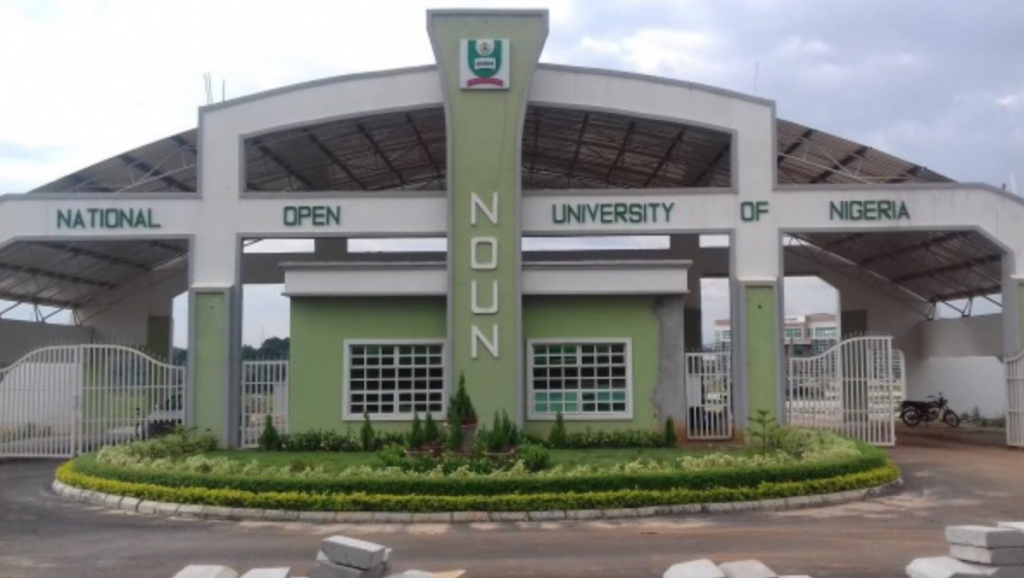Nigeria’s rural communities, where over 70 per cent of the country’s population reside, could address lingering infrastructural challenges, if the nation could develop strategies that will harness diaspora remittance to bridge gap in infrastructure.
Poor rural infrastructure, which is reportedly worsening health burden, insecurity, unemployment and harsh operating environment for small scale business can be addressed, if remittance from Nigerians living abroad is channeled to development projects, former member, House of Representatives and erstwhile commissioner in Imo State, Dr. Ishmael Anyadiegwu has said.
Speaking at his coronation ceremony as the Ezeamama, the first King of the Eziama Autonomous Community in Isiala Mbano, Imo State, monitored online by The Guardian, Anyadiegwu stressed the need to work upon Nigeria’s rural communities, stressing that traditional rulers have critical roles to play in developing the nation’s economy.
PwC had estimated that migrant remittances to Nigeria could grow to US$25.5b, US$29.8b and US$34.8b in 2019, 2021 and 2023 respectively. Over a 15-year period, PwC expects total remittance flows to Nigeria to grow by almost double in size from US$18.37b in 2009 to US$34.89b in 2023.
While the World Bank noted that inflow from Diaspora remittance hovers around $21.7b in 2020, about $23.8b came into the country in 2019 from Nigerians living abroad.
Anyadiegwu said his community has already started developmental project, especially electricity and water from such support. To him, such move would open up opportunities and enable rural communities contribute significantly to the nation’s economic development.
He said: “We are already working on water and electricity in our communities, with extension to other communities in Imo. We need to create opportunities.
“We need rural electrification, boreholes across communities like we had, when I worked with the Imo state government…”












